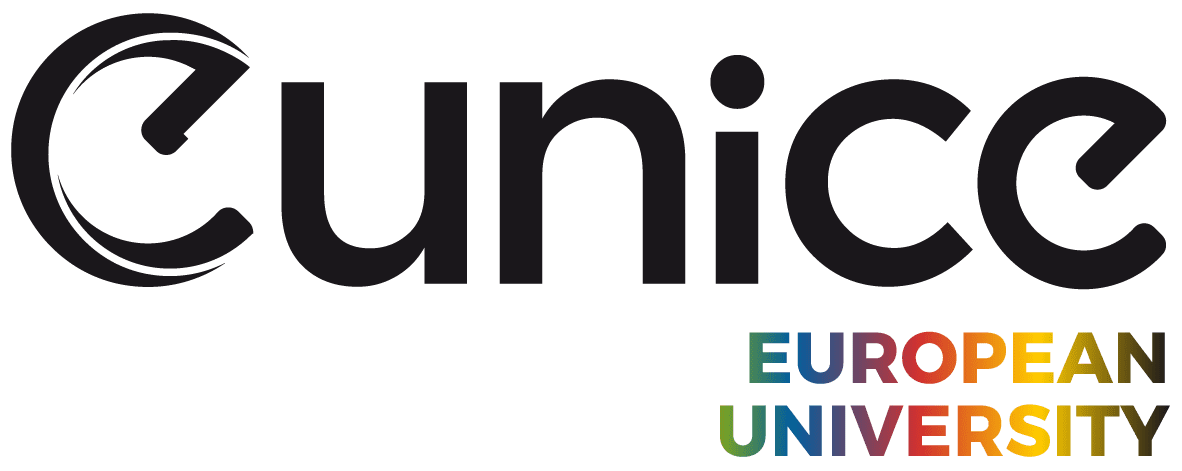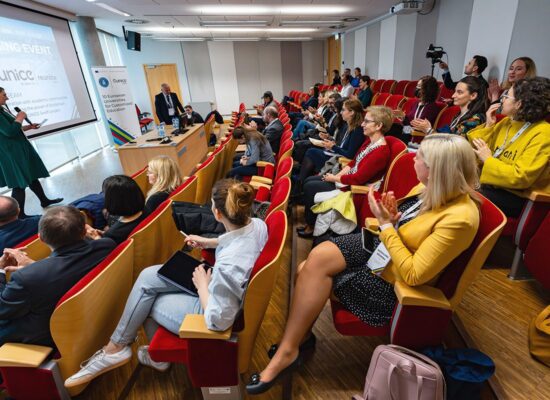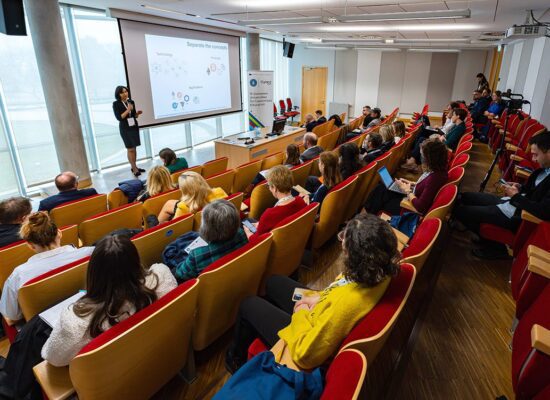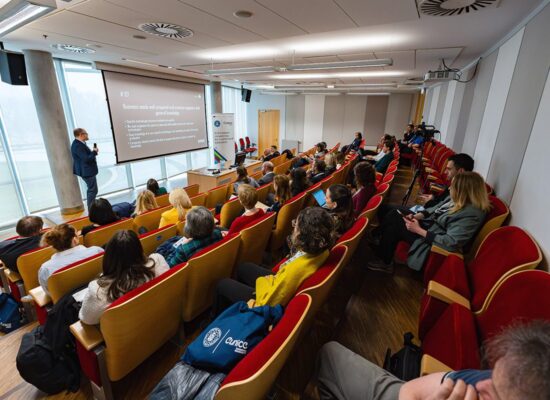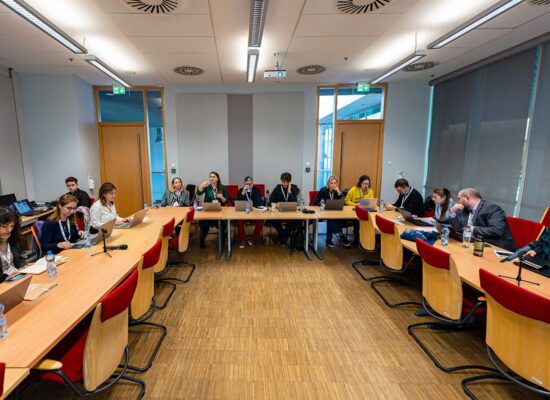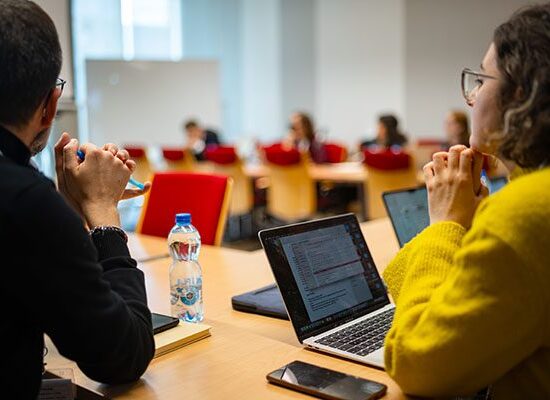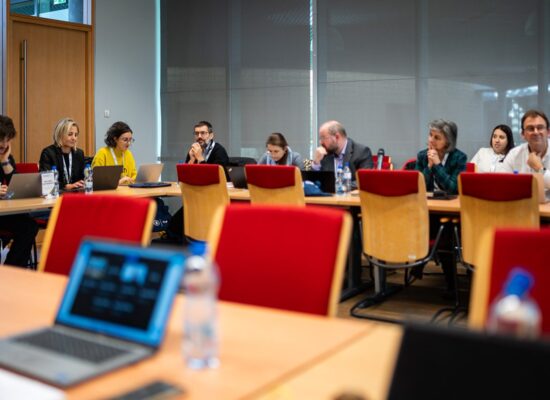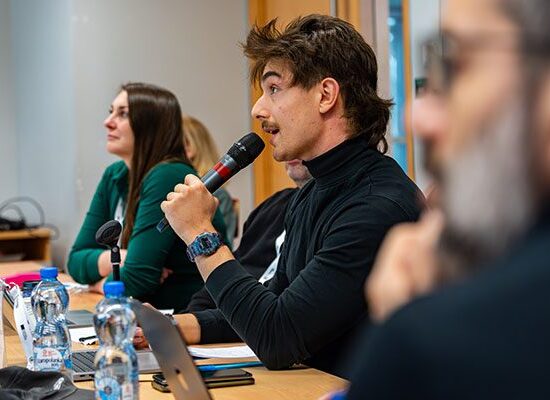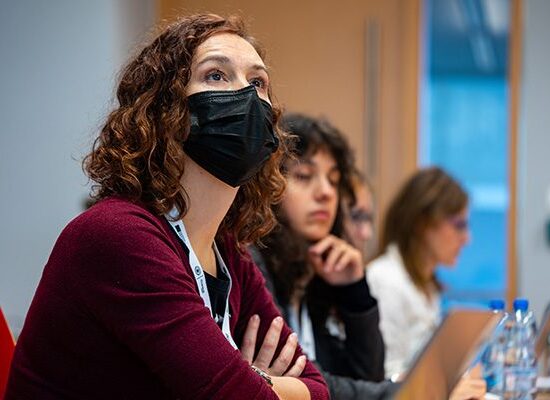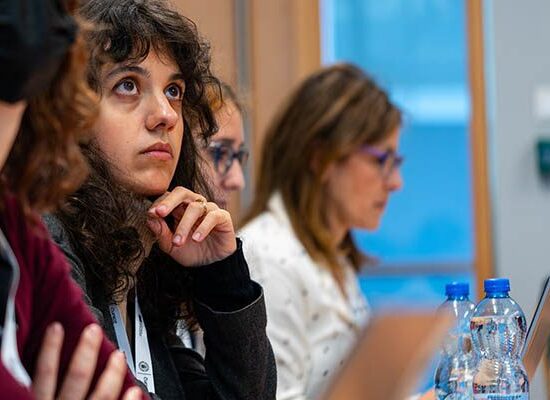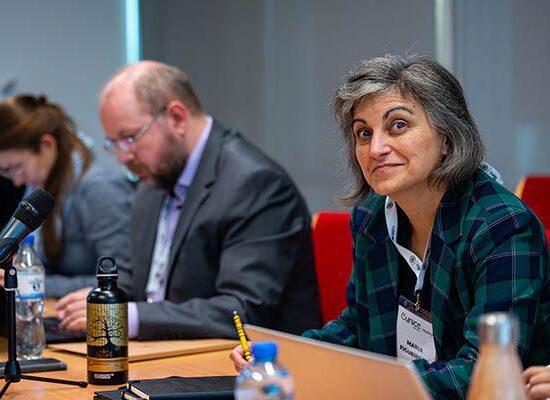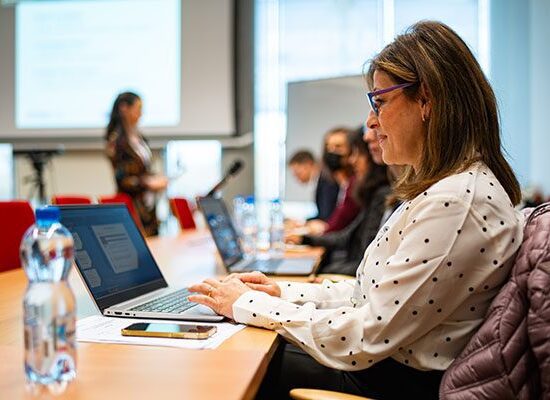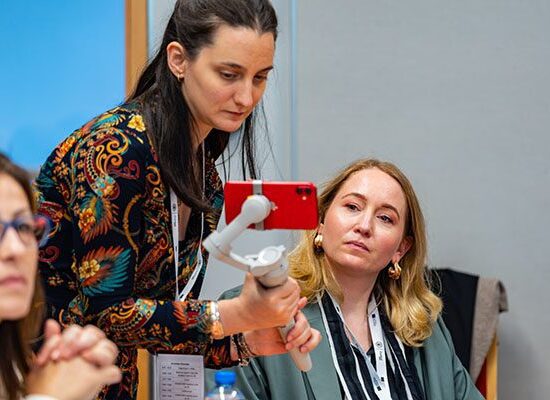Promotion of young talents and platforms to connect researchers or facilitate collaborations, tools to foster inclusion or PhD-focused traineeships and workshops are the most recent achievements of this H2020 Programme project
Reunice Project closing event celebrated at Poznan University of technology, in Poland, on 24 October.
The EUNICE Research (REUNICE) Project aimed to align research and innovation resources within EUNICE European University alliance in order to build effective collaborations between science and society in innovative ways. After three years of works, this project co-funded by the H2020 Programme of the European Commission, set the foundation pillars to develop joint actions in research and industrial partnerships. These outcomes were summarised during the final meeting hosted by Poznan University of Technology, in Poland, on 24 October.
REUNICE project officer Michał Weissenberg presented also the most recent achievements of the project such as the professional coaching awarded to a young researcher to apply to a MSCA grant, the creation of an Inclusive Communication Charter, and the Open Science platform based on AI and blockchain to connect researchers and foster collaboration, currently under testing. The event was the opportunity to analise the next steps to be taken to guarantee the sustainability of REUNICE initiatives which will be taken over by the EUNICE European University within the framework of it EUNICE4U Erasmus+ project.
Two invited speakers also offered keynotes. Marek Zmuda, System Security Architect from Intel Corporation, in “Cooperation with academic communities” session, highlighted the benefits for both, companies and universities, of establishing these connections: they go from access to top-level scientist and cutting-edge technologies, to reputational benefits, or the impact on educational programmes.
Professor Anna Kobusinska (Poznan University of Technology) talked about “Demystifying the power of blockchain: from core concepts to application”. She remarked the potential of this technology to be applied in the academic environments, for instance, for tuition payments (cryptocurrency) or for academic achievements verification (smartcontracts).
Watch again the session in our Youtube channel
During its 3-year activity, REUNICE has been exploring multiple focus such as a human resources strategy for researchers, internship stays for research purposes, a wide scope of trainings and workshops for PhD students and researchers and scientific dissemination events like the itinerant exhibition of scientific photography “The invisible unveiled”. Three platforms are also being developed:
- Expertise Exchange Platform powered by Catalyst: to serve as a bridge between university entities and other social institutions and industrial centers.
- An Intelligent Blockchain-based collaborative platform for Open Science: by using AI to connect people involved in research and projects in similar areas.
- The AI-Competencies Centre of EUNICE European University: platform to bring together AI professionals and resources from EUNICE partners, to facilitate the exchange of AI research ideas and promote collaboration with industrial and societal partners.
About REUNICE Project
EUNICE Research (Reunice project) was born in October 2021, funded by the EU’s H2020 Research and Innovation Programme, to align research and innovation agendas within the alliance. At the core of it lie the following objectives: to enhance human capital by implementing best practices, to share research infrastructures, to foster inclusivity and equality, to promote open science and cooperation between universities and other non-academic sectors.
REUNICE responds to the need to serve global and local communities by building effective collaborations between science and society in innovative ways, creating engagement between citizens, civil society and public authorities in research and innovation.
